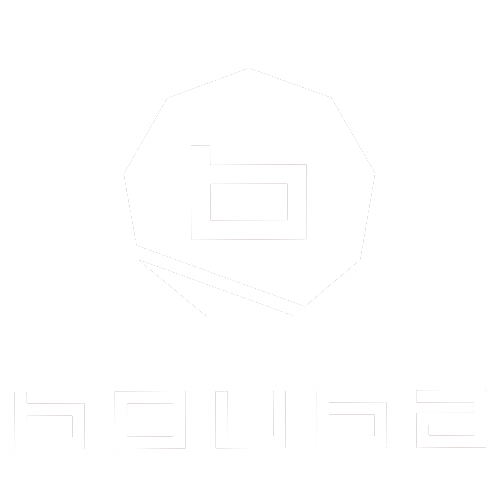Clarifies Your Purpose: Defining what you hope to achieve helps clarify your reasons for enrolling in the course. Understanding your motivation can guide your engagement and commitment throughout the learning process.
Enhances Focus: With clear goals, you can concentrate on specific areas of interest or skills you want to develop. This focus allows you to prioritize your efforts and make the most of your time in the course.
Motivates Continuous Learning: Setting objectives can boost your motivation and commitment. When you have a clear vision of what you want to achieve, you're more likely to stay engaged and persevere through challenges.
Facilitates Measurement of Success: Defining your goals provides a framework for measuring your progress. You can assess whether you've achieved your objectives, which can inform future learning endeavors.






